On Wednesday 28th of October from 7pm-8pm in West Wing 5, University College Cork, Robbie Butler and myself gave a joint lecture for the UCC Economics Society entitled, The English Premier League; Media & Sponsorship. The talk focussed on the football industry in England, how it is perceived by the media and how commercial aspects have evolved over the last 20 years. The talk was intended to be fun yet informative!
The slides from the lecture can be accessed below
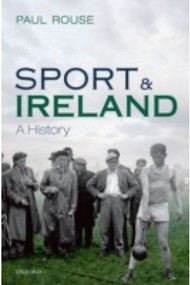
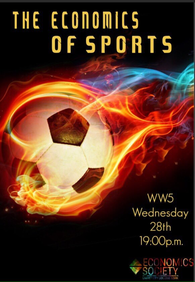
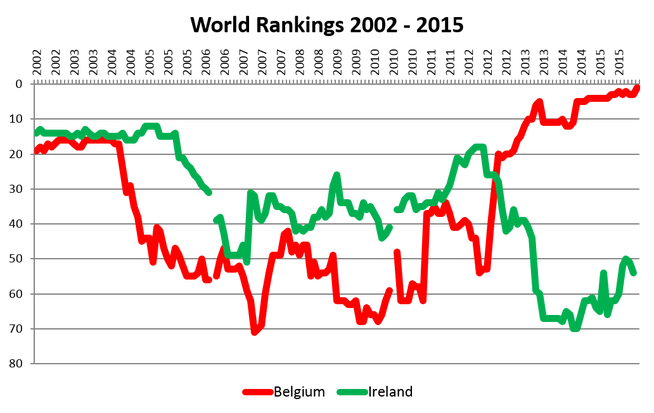
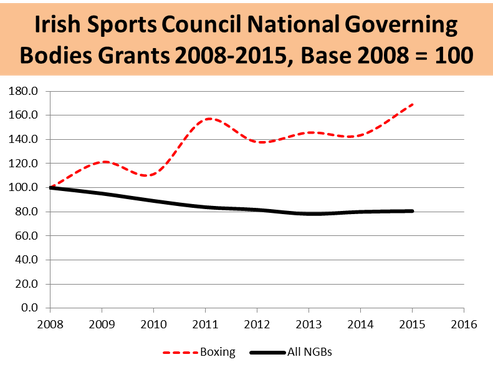

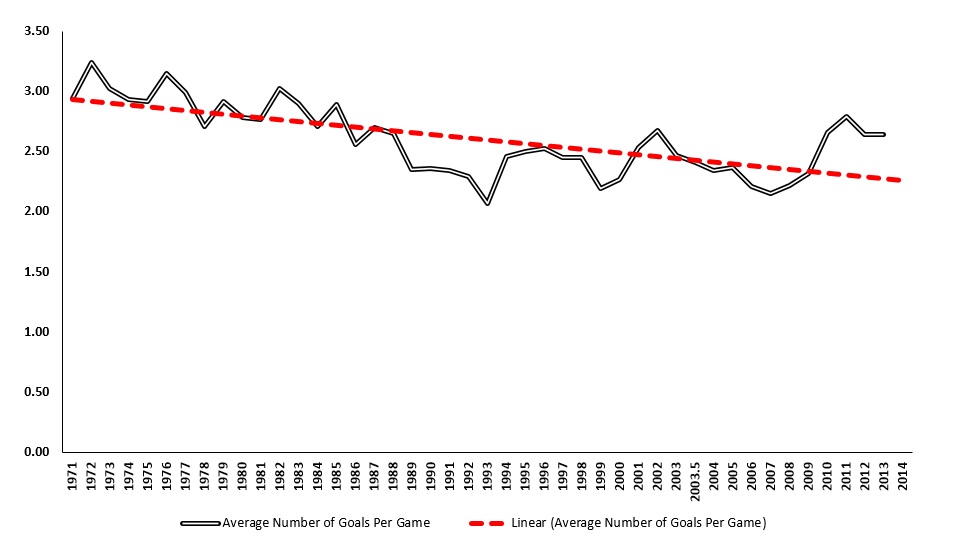

 RSS Feed
RSS Feed